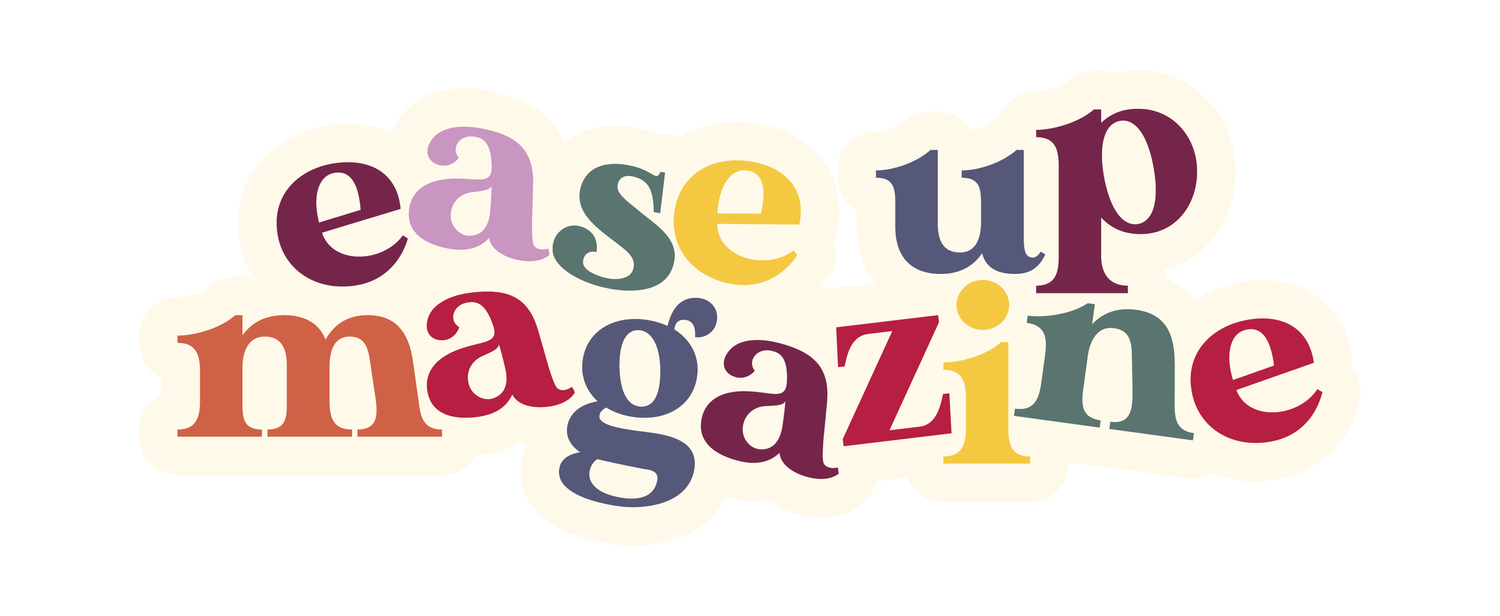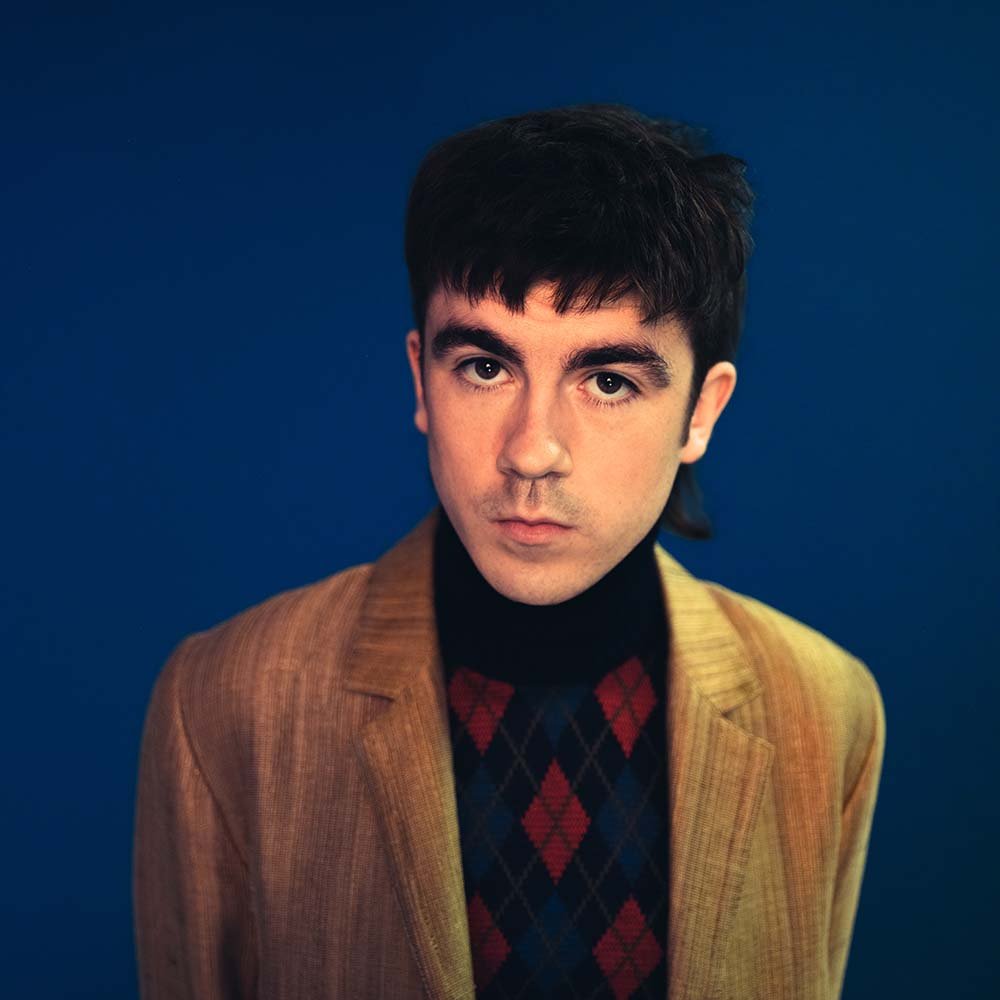‘What Happened to the Beach’ Review
By Cassandra Limberakis
During the 4 years before the release of his third album, Declan McKenna spent his time in Nashville and Los Angeles, perfecting his sound. Through listening to this album, it is clear that McKenna has found himself again. What Happened to the Beach is breaking musical boundaries that are expected of artists from the indie genre, with the archetypal bedroom pop/indie rock artist nowhere to be found. In this album, McKenna aspires to develop his own style; his attitude is fun, playful, and experimental. For longtime fans, What Happened to the Beach is monumental.
Credit: Sony Records
With this current album, Declan McKenna finally gets a chance to develop his own style as a mature artist. The opening song, “WOBBLE” sets a tone of organized chaos and confusion. His vocals are quite distorted, so it is difficult to hear what he is actually saying in this song. The line “What happened to the beach/Cause life’s really changing” is accompanied by an incredibly catchy acoustic guitar riff. The beach as a metaphor to represent simpler times in his career. At the end of the song he nods to his early career singing “I used to cry at home all night/Now I’m riding the sunshine.”
The seventh track on the album, “Nothing Works” also touches on Declan’s frustration with the music industry and how people have perceived him. The song sounds homemade,with spicy piano lifts and a hard drone of vocals. This dichotomy further expresses McKenna’s anger at the corporate music industry.
In addition, the second song on the tracklist, “Elevator Hum” subtly points out McKenna’s qualms with the music industry while working on his own personal development as a musician. He feels a sense of confusion in the line “I can't quite explain/This hole in my brain, that's come around again.” “Elevator Hum” is upbeat with its succinct drum beat and horn section, however, it represents the beginning of a turbulent time in McKenna’s career. “Mulholland’s Dinner and Wine” touches on themes about L.A. One of the lyrics of this song is “I’m not satisfied with what I want.” McKenna is dissatisfied with L.A. and its role in the music industry today.
Another type of confusion is portrayed in “I Write The News.” This song deeply satirizes extremist politics and how modern debates are conducted on various social media platforms. Social Media only exacerbates these issues. McKenna portrays this through his lyrics, “Got a glass cracked screen that I can't keep clean.” In an interview with Spotify, McKenna discusses how he was fed up with the current political landscape in the UK: “All you fools better scream like I do/If you get scared, then you ain't free.” At the end of the day, ceaseless arguments don’t allow positive changes to take place in the world.
Another notable track on this album is “It’s An Act.” This song may be a breakup ballad. It also represents an urge to play pretend, and not show your authentic self in front of those who make you uncomfortable. “It’s An Act” starts out with a powerful piano chord and lilting violins, making it the most theatrical song on the album. The trumpets sound like melancholic voices. Meanwhile, McKenna’s vocals are raw and unedited, adding to its melancholia.
Overall, What Happened to The Beach is an exploration of the ways in which artists evolve. McKenna shares his own story over the course of 12 songs. Now more than ever, it is crucial for artists to make art that represents their style.

